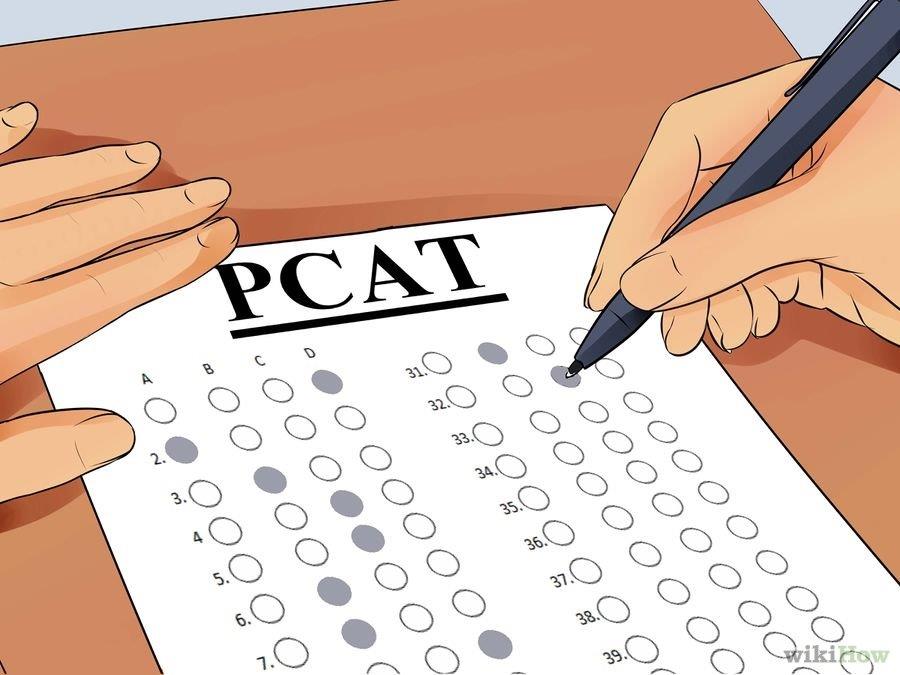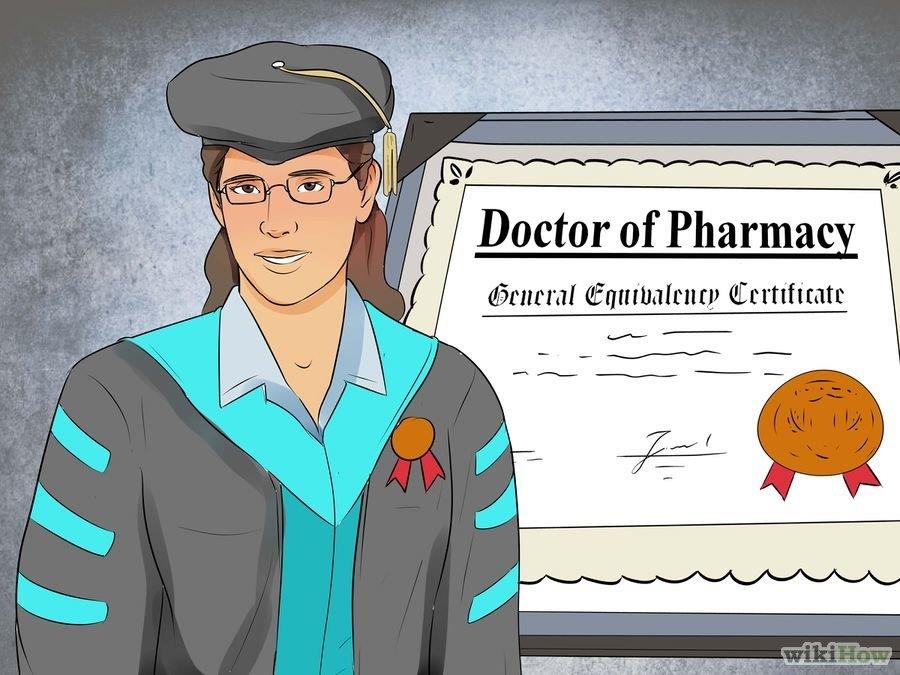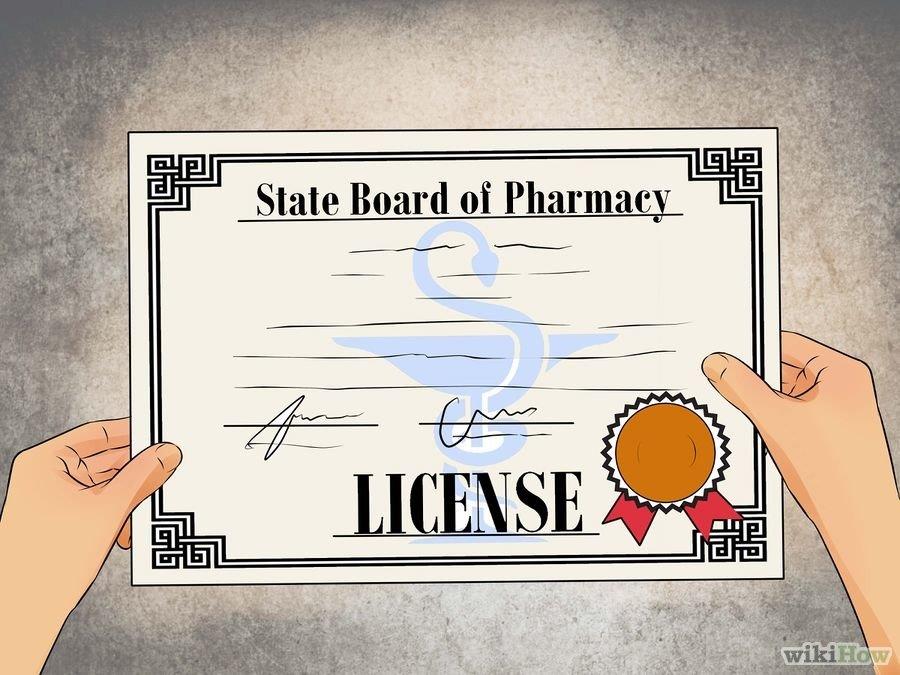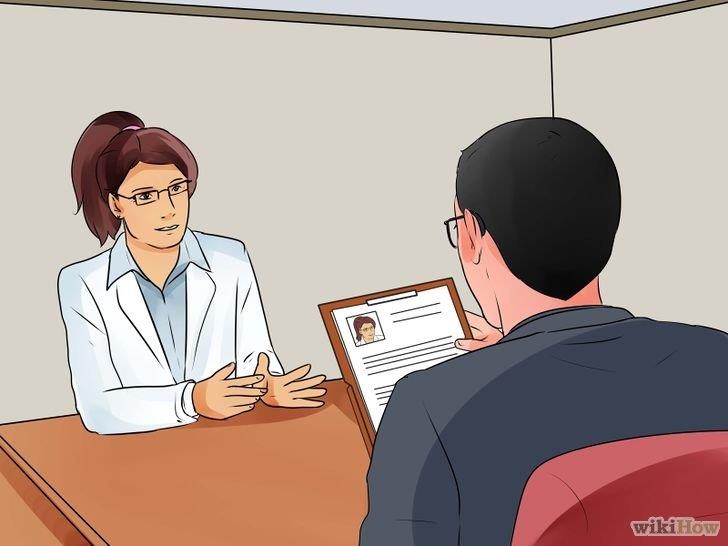Gallery
- 2015 FMF Scholarship Luncheon
- Mandeville & Spaulding Hospitals Children’s Treat
- 2013 FMF Scholarship Luncheon
- Hayes Annual Xmas Treat
- 2014 FMF Scholarship Luncheon
- 2006 Hayes Annual Xmas Treat
- Hayes Primary School Tour
- Donation – Rest Rooms – Hayes Primary School
- 2009 Hayes Annual Xmas Treat
- 2007 Hayes Annual Xmas Treat
How to Become a Pharmacist
Pharmacists dispense prescription medications and advise patients on their proper use and potential risks. The number of pharmacy jobs is expected to increase by 25% from 2010 to 2020, a faster growth rate than for most jobs. Read this article to learn how to pursue this lucrative career in the United States.
STEPS
1. Graduate from high school. Alternatively, you can pass the General Education Development (GED) exam. While in high school, pay special attention to science courses like biology, chemistry, and physiology. How you perform in these types of classes early on will help you determine whether a career in medicine is right for you.
2. Get a bachelor's degree. You will need to have a Bachelor of Science (BS) degree from a four-year institution to apply to pharmacy school. It is required that you complete at least two years of pre-pharmacy coursework during this time, including anatomy, biology, calculus, chemistry, physics, and sociology.
- Find a school that offers a pre-pharmacy program, as not all schools do.
- If you are currently an undergraduate student, talk to your counselor and check with the pharmacy schools you plan on applying to determine the specific course requirements.
- Performing well in science courses like biology, physiology, and chemistry in college will help you when it comes to applying to pharmacy schools.
3. Take the PCAT (Pharmacy College Admission Test). This test was created and designed to be used in the admissions process for pharmacy schools. It also measures both overall academic ability and scientific knowledge.
- Prepare for the test by studying the PCAT handbook/guidelines, and consider taking a PCAT preparatory class or hiring a private tutor to help you study.
- Not all pharmacy schools require that you take the PCAT. Check with the various schools you plan to apply to and determine the admission requirements.

4. Obtain a Doctor of Pharmacy (Pharm.D.) degree from an accredited pharmacy school. These programs typically take four years to complete. While in pharmacy school, you will study subjects like pharmacology and medical ethics in a classroom setting, and work in hospitals and pharmacies under the supervision of licensed professionals.
- The following schools offer accelerated programs designed to earn students a Pharm.D. degree in three years rather than four:
- Albany College of Pharmacy in Albany, NY
- Duquesne University: Mylan School of Pharmacy in Pittsburgh, PA
- Ferris State University in Big Rapids, MI
- Lake Erie College of Osteopathic Medicine School of Pharmacy in Erie, PA
- Massachusetts College of Pharmacy and Health Science - Manchester in Manchester, MA
- Massachusetts College of Pharmacy and Health Science - Worcester in Worcester, MA
- Midwestern University - Chicago in Chicago, IL
- Midwestern University - Glendale in Glendale, AZ
- South University in Savannah, GA
- University of Southern Nevada in Henderson, NV
- University of Appalachia in Oakwood, VA
- University of the Pacific in Stockton, CA.

5. Get licensed. It is required to have a license to practice pharmacy in the United States. You will need to pass the NAPLEX (North American Pharmacist Licensure Examination) to gain licensure, and take the Multistate Pharmacy Jurisprudence Exam (MPJE) for most states. Arkansas, California, and Virginia do not accept the MPJE exam and have their own respective law exams for pharmacists.
- Check with your state to determine how often pharmacy licenses must be renewed, and be sure to keep your license current.

6. Find a job. Pharmacists can work in various settings, including hospitals, drug stores, grocery stores, government agencies, public health care agencies, and schools. Choose an environment that you are comfortable with, and check for job openings in your area.
- Pharmacists usually work 40 hour weeks, and spend much of their day on their feet. Pharmacists who work in hospitals may need to work odd hours.
- Besides their knowledge about prescription medicine, pharmacists must also have strong communication skills, as the job entails dealing with customers/patients daily, some of whom may be sick or injured.
- Pharmacists should also have strong managerial skills, as many of them manage retail pharmacies, conducting inventory and overseeing staff.

Tips
- It is important to perform well in science classes throughout your career, from high school to pharmacy school. If you struggle with science classes, consider hiring a private tutor to help you excel.
- Consider completing a pharmacy internship program while in school. Internships not only improve the quality of your resume, they give you hands-on experience working in the field, and give you an opportunity to work directly with a licensed pharmacist who can instruct you and give you feedback.
- Perhaps strive to gain a pharmacist technician license first as it will improve your resume, give you work experience, help you get into pharmacy school and decide if you like working in the pharmacist. It will also help pay for school better than an average job.
